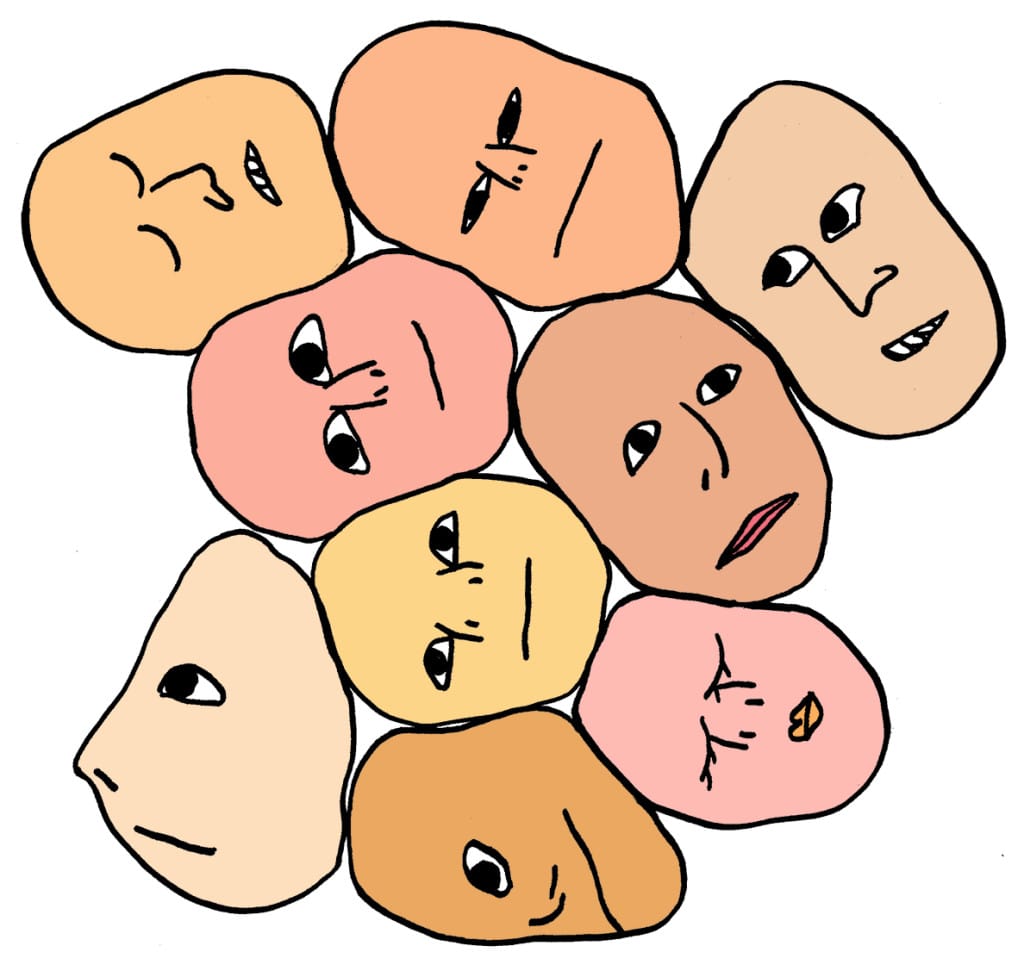Most people who develop a psychotic disorder do not have any family members with this illness.

For some psychotic disorders, there is no hereditary basis at all. For others, especially the more serious conditions schizophrenia and bipolar disorder*, scientific findings indicate that genetic factors can play a role in some people. But even there it’s only one of many factors, in the same way as heart disease or diabetes. It can actually affect anyone – and it does.
It has been demonstrated in an experiment on volunteers that anyone can become psychotic. If we isolate a person completely for several days from contact with other people and sensory input, he will break down. And under extreme strains, e.g. in war, anyone can have a breakdown.
This table provides an indication of the likelihood of developing schizophrenia.
As you can see, you need to be very closely related for the probability to be significantly higher than the average – and even then it is most likely that you will not develop schizophrenia. The likelihood also diminishes as time passes, especially after passing one’s twenties.
The probability of relatives of developing schizophrenia
Family relationship………. Probability
None………………………0,5–1%
Grandchild, niece/nephew,*
uncle/aunt………………….2%
A parent, brother
or sister……………………..6–10%
Fraternal twin………………8–12%
Both parents……………….30%
Identical twin……………….25–30%
*This picture is still very confusing: e.g. second cousins have a somewhat greater probability than first cousins. This argues against the importance of genetic factors. In that case, fraternal twins would have the same risk as “ordinary” siblings.
Put another way, if your sister has schizophrenia, for example, you have less than a 10% chance of developing the illness, and it will be less and less probable as the time passes.
Bipolar disorder shows more indications of being heritable. Relatives of persons with mood disorders appear to have a higher degree of mania and depression than what is found in most people. However, as with schizophrenia, it is likely that what is inherited is a predisposition to or vulnerability to develop the illness.
If this worries you, seek the advice of a specialist. In the same way as the illness, individual circumstances vary strongly. Some forms are more heritable than others.